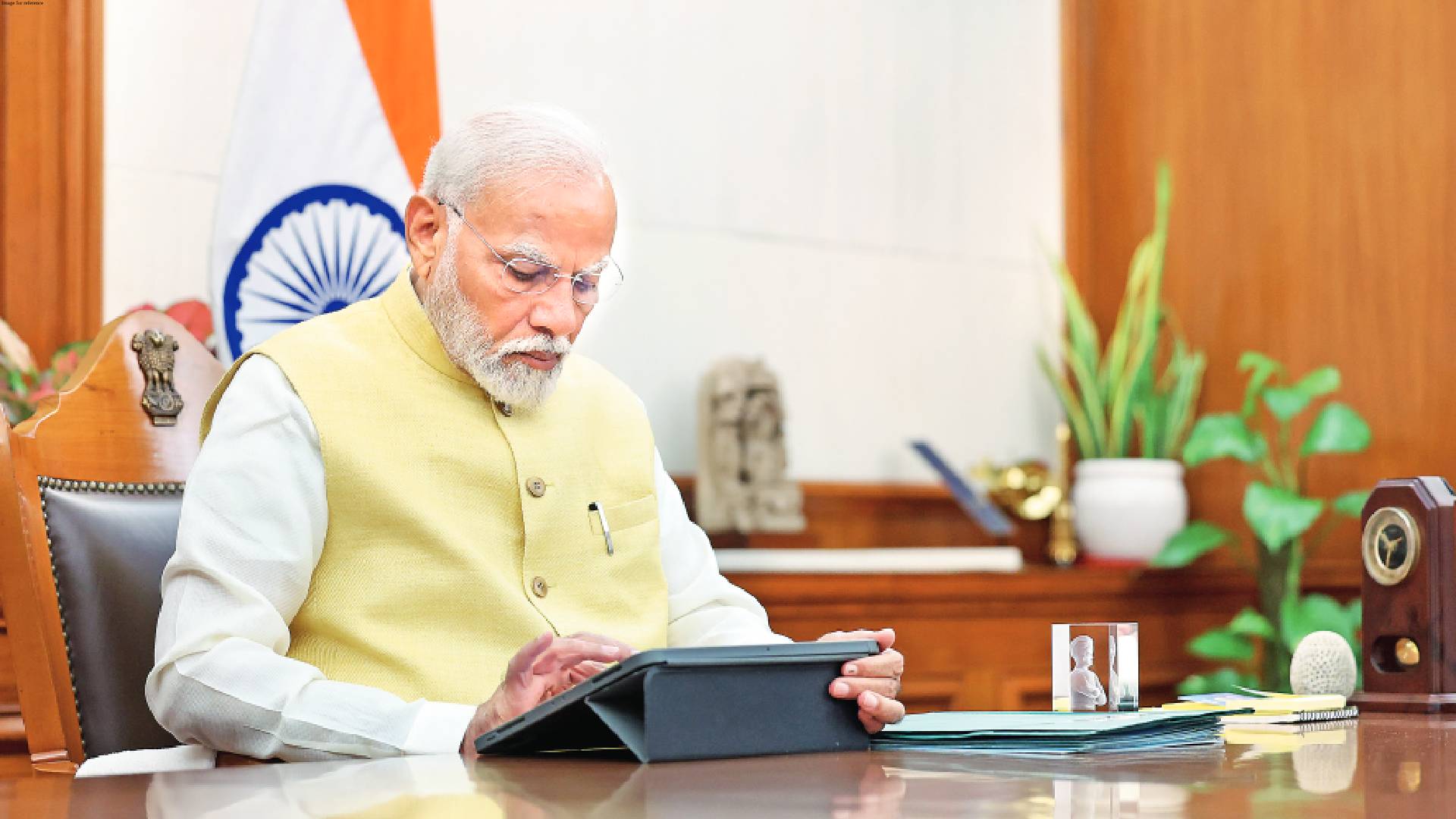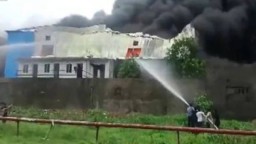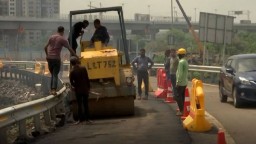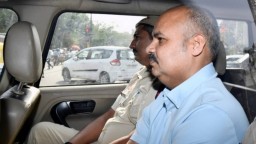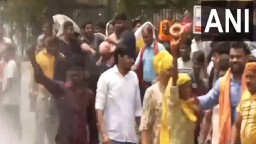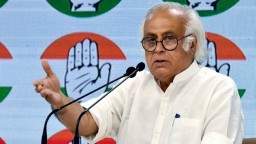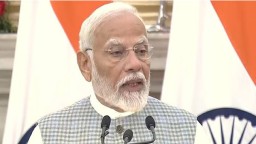Latest News
BIRSA MUNDA'S IDEALS LEAD THE WAY

Birsa Munda’s movement against British rule in the latter part of the 19th century, aimed at preserving water, forests, and land, has regained significance amidst a contemporary heatwave, marking 125 years since Birsa’s martyrdom. Born on November 15, 1875, Birsa Munda spearheaded a movement fueled by grievances over land ownership disputes and the government’s forest conservation directives. These measures encroached upon the traditional rights of tribes, who relied on forest resources for wood, fuel, and grazing land for their cattle, as well as for agricultural purposes.
Secondly, simmering discontent among them ignited into a fiery rage, exacerbated by the famines of 1896-97 and 1899-1900, propelling the grievances of the tribes to an explosive state. The new excise policy led to the Mundas adopting the custom of drinking, while the migration of Munda laborers to tea gardens and other regions eroded their traditional moral values and authority.
Birsa obtained his primary education at the Burju Mission. In 1886, Birsa was admitted to the Chaibasa Mission for higher primary education, marking a formative period in his life. However, he was eventually expelled for opposing the missionaries. After leaving the Chaibasa Mission, Birsa went to Chalkad. From there, he sought out the landlord Jagmohan Singh of Bangaon to learn about the story of Simboda’s Sangel Da.
His clerk, Anand Pandey, was aware of all this. Under Pandey’s influence, Birsa adopted several new practices: he stopped eating meat, wore sacred thread, applied sandalwood paste on his body, worshipped Tulsi, listened to the Ramayana, Mahabharata, and Puranas, and ceased the practice of cow slaughter. In 1893-94, the government declared all barren village land as protected forest. Following this, in 1894-95, Birsa emerged as a messiah. During a famine, people relied on forest vegetables to satiate their hunger. Birsa was excommunicated due to an incident.
Birsa went to the forest, screaming and clutching his stomach. In May-June 1895, he felt the Supreme Lord enter his heart. When he returned to the village, he found many people waiting for him. “Birsa!” his mother, Karmi, exclaimed with disbelief on her face. “Don’t call me Birsa, mother. I am God. I will conquer the forest, mountains, and land for everyone,” he declared. Birsa proclaimed himself Dharti Aaba (Father of the Earth). In the surrounding areas, he became known as a healer of diseases, a preacher, a miracle worker, and a prophet.
Birsa’s political movement began in August-November 1895. He aimed to establish Birsa Raj and Birsa Dharma. As his popularity grew, it attracted widespread attention. However, in August 1895, Birsa was arrested. The commissioner of Ranchi met with Birsa in jail, where Birsa explained that he only lectured people on religious topics. However, the deputy commissioner concluded that “Birsa is an instigator, the initiator of the movement; he has created distrust towards the British government in the minds of the Mundas.”
Birsa’s rebellion to reclaim his religion and kingdom was relentless and fierce. Birsa decided to initiate the Ulgulan on 24 December 1899, on the eve of big day. The Ulgulan was planned in two parts: in the first phase, the aim was to intimidate Christians by setting fires, shooting arrows, while 2nd phase would involve armed struggle.
On the evening of 24th December 1899, arrows were fired at several churches in the Khuti police station area. In Ranchi, a person named Chhedi Mistri died after being struck by an arrow, and many others were injured. There were additional incidents of arson in the Singhbhumi area. The events of 24th December 1899 spread far and wide, marking a significant wave of unrest and resistance.
The very next day, the Khuti police station was attacked which marked a direct clash between the rebels and the officers. Following this incident, terror spread throughout Ranchi. The next encounter took place on 9 January at Sail Rakab hill. The commissioner himself was present during this action. Ranchi’s Deputy Commissioner, Streetfield, demanded that the rebels hand over Birsa and surrender. Finally, a direct confrontation occurred between the rebels and the army. The rebels were hurling slingshots and stones from the hill, while the police responded with gunfire. The bodies scattered on the hill bore witness to the massacre that unfolded. The police buried the bodies in two large ditches on the hill.
This incident has been poignantly described in Munda folk songs, “Seven rivers boiled with the hot blood of the rebels, and on top of that, bullets were spitting out death!” Birsa was captured through deception while asleep at night and handed over to the Deputy Commissioner camped in Bandgaon.
THE VIEWS EXPRESSED BY THE AUTHOR ARE PERSONAL
Dulichand Meena (RAS) The writer is ADM Bikaner







